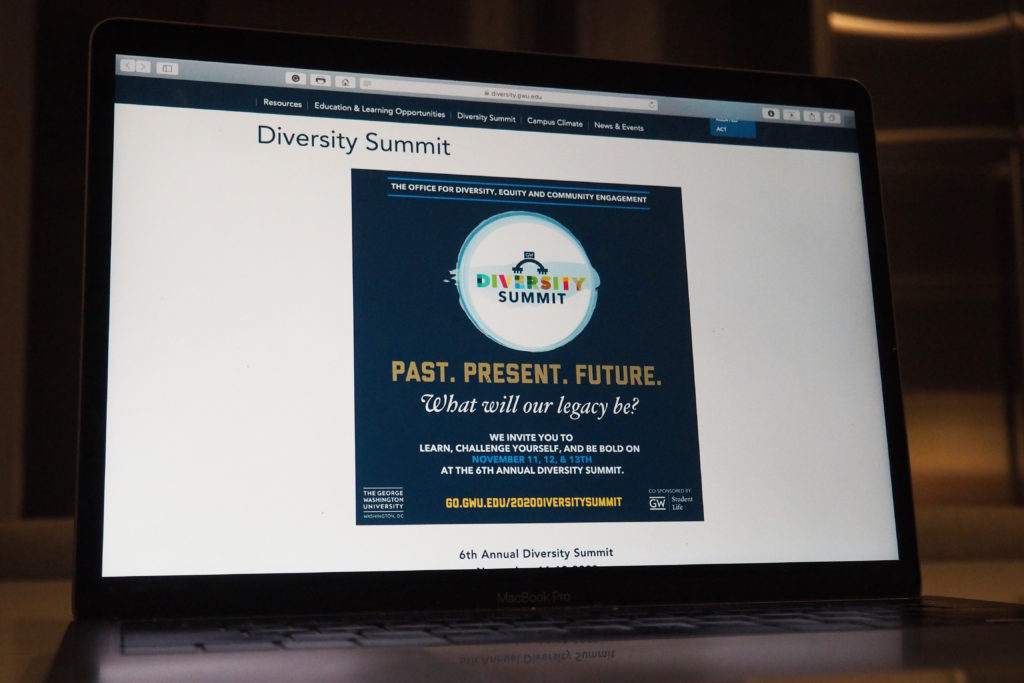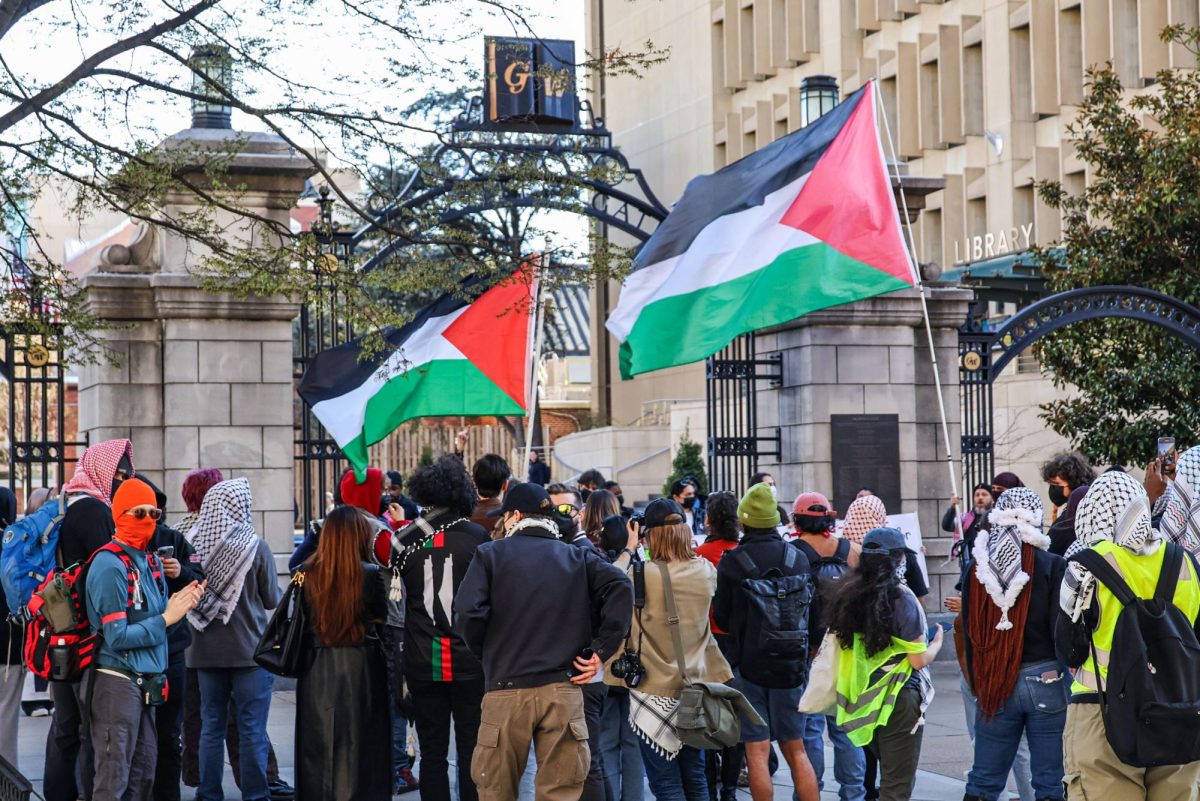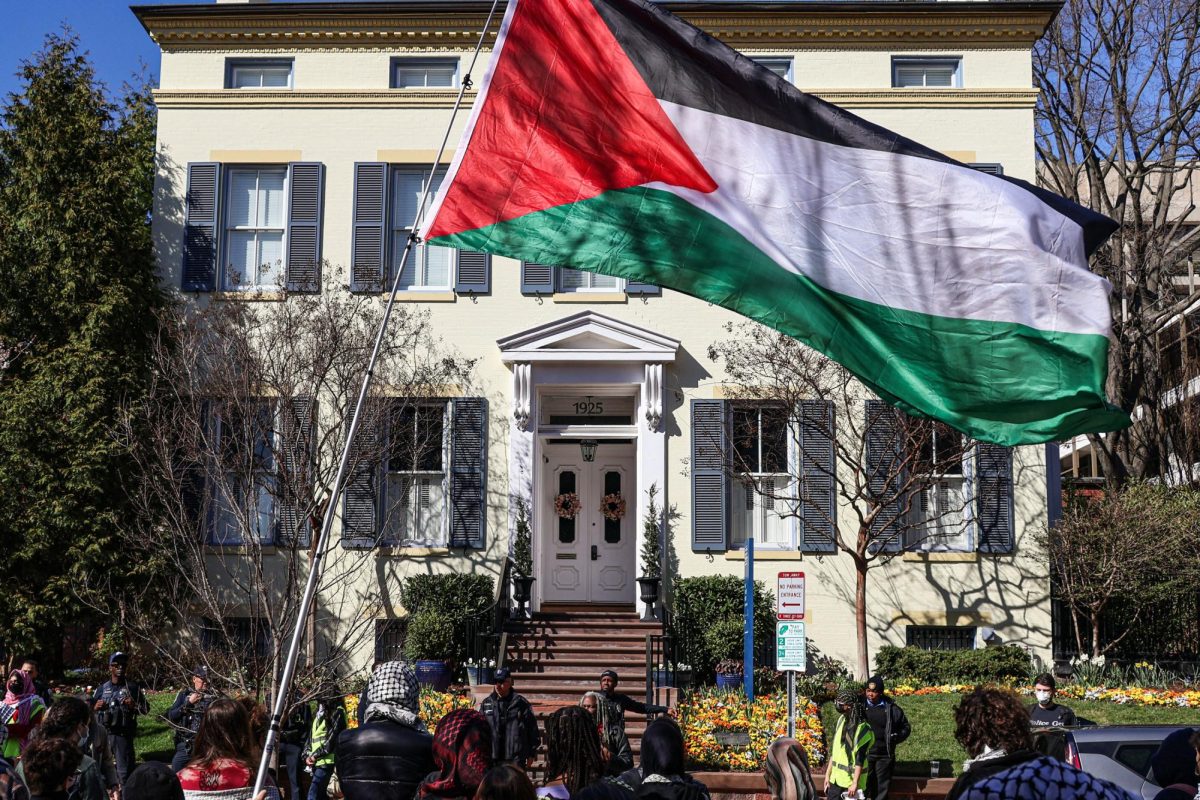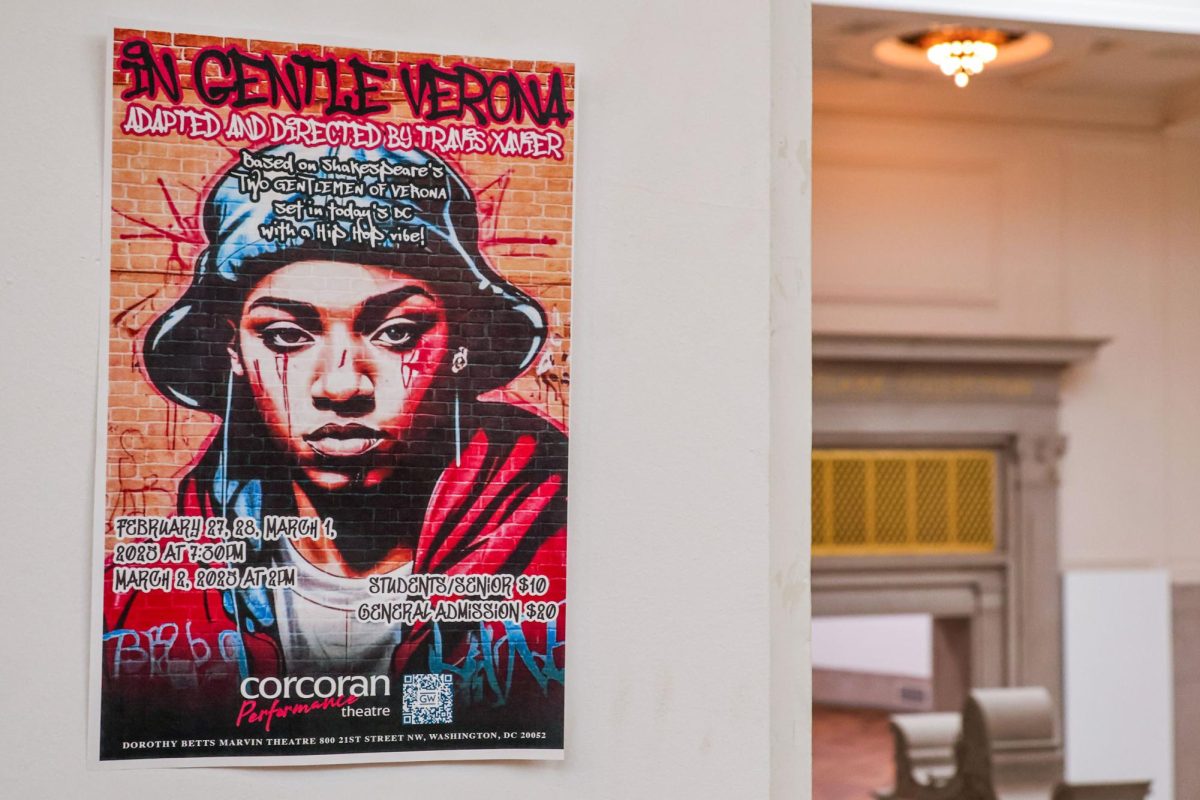Officials will hold more than 20 virtual events this week for the University’s 6th Annual Diversity Summit.
In recent years, speakers like Afro-Latina actress MJ Rodriguez and Emmy award-winning journalist Jemele Hill have spoken at the summit to discuss topics surrounding diversity. This year, the summit will be held virtually and feature speakers, historical lectures and educational sessions about the “past, present and future” of diversity and inclusion from Wednesday to Friday.
The planned committee designed the summit to understand the past, “challenge” people in the present and “be bold” in the future.
“We also acknowledge that there is a past, present and future associated with the current social issues we are navigating, particularly living during a pandemic within pandemics – COVID-19 and racism, anti-Semitism, ableism, sexism, sizism, classism and much more,” the Office for Diversity, Equity and Community Engagement website states.
Officials will hold eight events on Wednesday from noon until 6 p.m. on topics that relate to historical events and their relationship to campus. In an event entitled “Social Justice Debates: Reparations,” students from the GWU Debate and Literary Society and the Howard University MLK Jr. Forensics Program will debate whether “direct” reparations should be paid to African Americans from 5 to 6 p.m. EST.
The committee will host 10 events on Thursday, including a keynote speech from UCLA and Columbia University law professor Kimberlé Crenshaw at 6 p.m., moderated by GW Law Dean Dayna Bowen Matthew, about how to use lessons from the past to inform actions in the future. Crenshaw originally coined the term intersectionality in 1989 and helped found the field of critical race theory, which examines society and culture as they relate to race, law and power.
Thursday’s sessions also include talks like “Racial Disparities and COVID-19” with Samantha Artiga, the vice president and director of the racial equity and health policy program at the Kaiser Family Foundation. She will speak about health and health care disparities and how the pandemic has exacerbated them.
Rachel Fish, the executive director of the Foundation to Combat anti-Semitism, will also moderate an event Thursday on how to identify, label and confront anti-Semitism from 4 to 5:30 p.m.
All nine sessions on Friday will relate to “the future,” regarding subjects like sustainability, Latino culture and policy reform. The final event of the summit, titled “Filling your Cup: A Guide to Reclaiming your Well-being and Caring for Community,” will provide a space for participants to reflect on how to “reclaim” their well-being as a way to care for the community.








